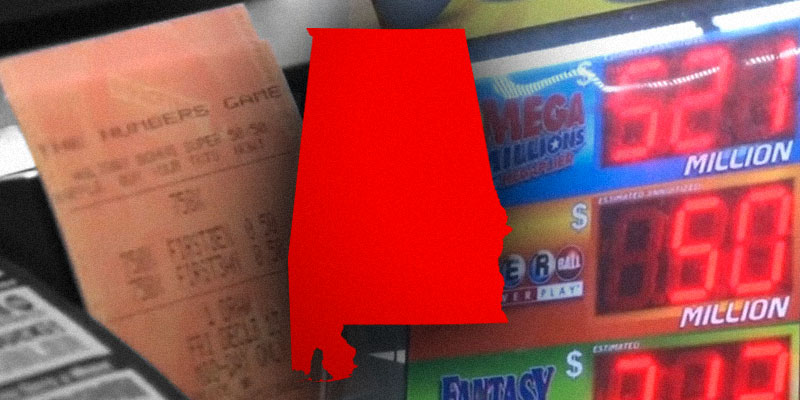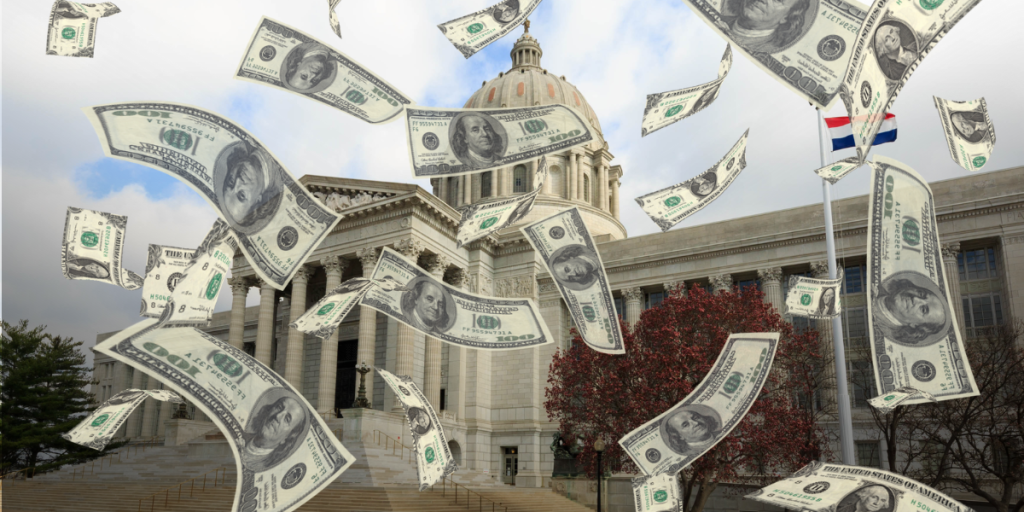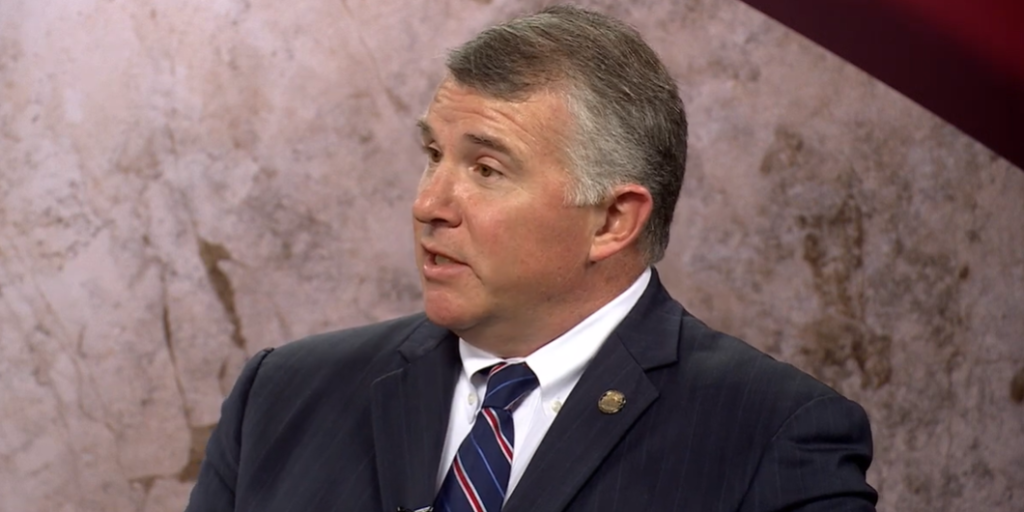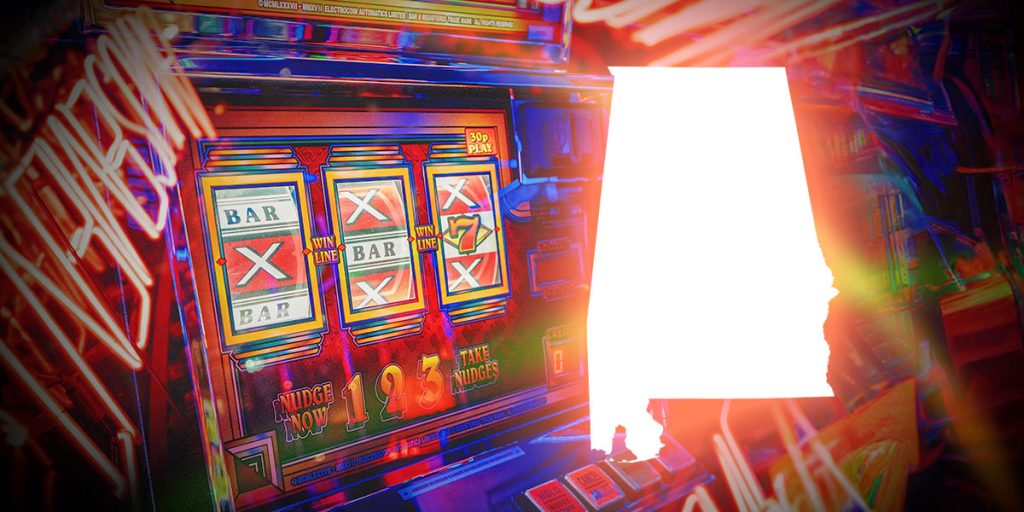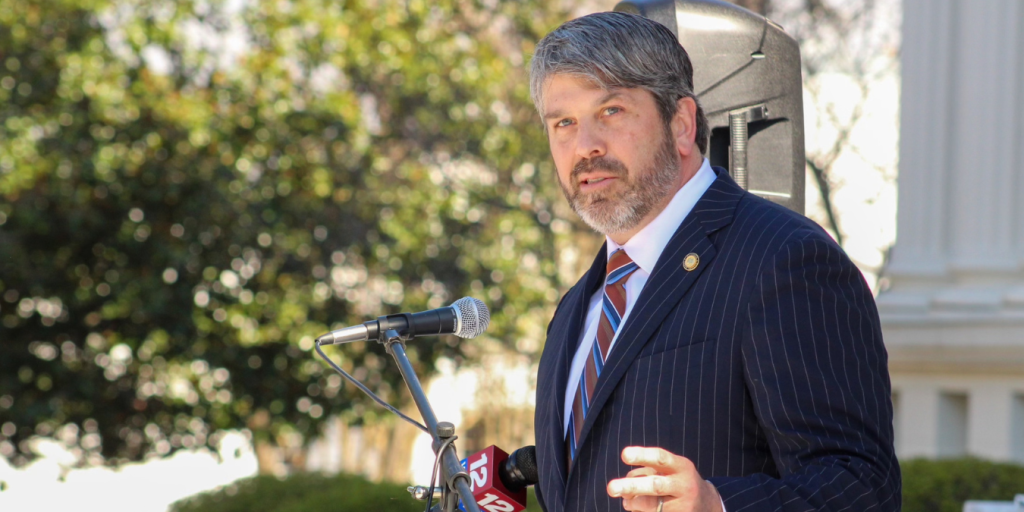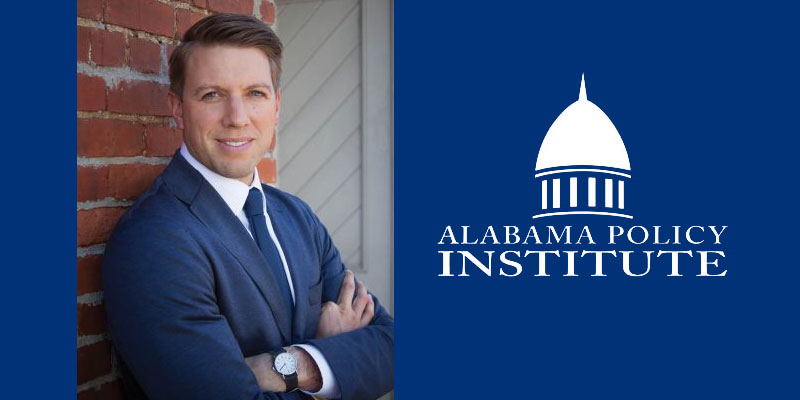MONTGOMERY — State Senator Del Marsh (R-Anniston) on Tuesday evening introduced a bill to propose a constitutional amendment that would legalize casino-style gaming and sports betting and institute a lottery in the state of Alabama.
SB 214 will be on the Senate Tourism Committee’s agenda Wednesday at 10:00 a.m.
Marsh told reporters he envisions the bill then being on the Senate floor Thursday for debate, however he stressed that he would not move to pass the legislation that day. Instead, he wants SB 214 to be debated Thursday so any potential issues can be aired before the legislature’s break next week. Following the one-week break, the bill would be in a position to pass the Senate.
If ultimately passed through both chambers of the legislature, the people of Alabama would need to approve the measure in a referendum.
You can view a summary of SB 214 here.
The bill would establish the Alabama Education Lottery, to be administered by the Alabama Education Lottery Corporation. The legislation would also create the Alabama Gaming Commission, which would oversee the newly legalized forms of gaming and sports betting stemming from the amendment.
Casino gaming and sports betting would be limited to five designated sites in the state, as well as on federal lands held in trust for the Poarch Band of Creek Indians. Four of these sites already exist: the Birmingham Race Course, VictoryLand in Macon County, Greenetrack in Greene County and the Mobile Greyhound Park facility. The Poarch Band of Creek Indians’ gaming arm, Windcreek Hospitality, would be licensed for the fifth site, which — unlike their existing casinos — would not be on tribal land. That site would be limited to either Jackson County or DeKalb County in Northeast Alabama.
Each licensed gaming operator in the state could contract with up to three online sports books to provide mobile sports betting anywhere within the borders of the Yellowhammer State.
The legalization of Class III gaming at these facilities would also set the stage for the governor to negotiate a compact with the Poarch Band of Creek Indians; this would allow the tribe to operate table games at their existing casinos in Atmore, Montgomery and Wetumpka.
Additionally, SB 214 would impose a tax of 20% on the net gaming revenues of the five licensed sites; license fees would also be imposed on gaming operators — including bingo and charitable bingo operators.
Outside of the specific offerings being legalized and sites being licensed pursuant to the amendment, SB 214 would impose a 10-year moratorium on further gaming expansion in Alabama.
As far as the revenue derived from gaming goes, 20% would go towards a newly established Gaming Trust Fund, 75% would go to the state General Fund, 3% would go towards the county commission of the jurisdiction in which each respective facility is licensed, and 2% would go towards the governing body of the municipality in which each respective facility is licensed. That final slice of the pie would remit extra funds to the county commission in cases in which the facility is not located in a municipality.
The funds going toward the General Fund would be designated for specific uses, including broadband expansion, rural healthcare and mental healthcare.
As the name indicates, lottery revenues would go toward education. Specifically, the lottery would fund a postsecondary scholarship program “based on a combination of need, merit, and workforce needs in the state, which may include scholarships to four-year institutions of higher education for teachers who pursue a degree in education” for in-demand fields that would be identified by subsequent enabling legislation.
Marsh told reporters that based on the recent report by the Governor’s Study Group on Gambling Policy, his gaming proposal would generate about $700 million annually in taxes and fees.
Sean Ross is the editor of Yellowhammer News. You can follow him on Twitter @sean_yhn




